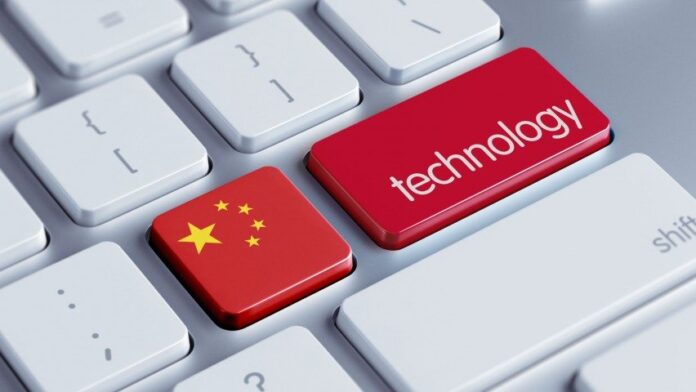China would consider imposing trade restrictions on European vendors Ericsson and Nokia’s businesses in the country if European nations continued to block Chinese vendor Huawei from participating in 5G contracts, The Wall Street Journal reported.
The newspaper stated China’s Ministry of Commerce is considering adding export controls that would prevent Nokia and Ericsson from shipping products it makes in China to other markets. A source told the U.S. newspaper that the sanctions would only be approved in a worst-case scenario following any restrictions on Chinese 5G equipment.
The Chinese government on Tuesday dismissed the Wall Street Journal report as “fake news” that is aimed at undermining the “good” China-EU relationship, saying the Chinese market will be open to European companies, according to Chinese newspaper Global Times, the official newspaper of China’s ruling Communist Party
“This piece of information is made up with ulterior motives, it is maliciously fabricated news aimed at undermining good and cooperative relations between China and EU,” said Wang Wenbin, a spokesperson for the Chinese Foreign Ministry.
Last week, the U.K government announced that Huawei’s gear will be completely removed from the country’s 5G networks by the end of 2027, following new recommendations by the National Cyber Security Center (NCSC) on the impact of U.S. sanctions against the telecommunications vendor, that restrict Huawei’s ability to use U.S. chipmaking equipment and software to design and manufacture its semiconductors abroad. The U.K. government also confirmed that it will also implement a total ban on the purchase of new Huawei kit for 5G, starting next year.
China Ministry of Commerce representative Gao Feng expressed strong opposition to the U.K. ban, saying that the Chinese government will take necessary measures to safeguard Chinese firms’ rights and interests.
The U.S. government believes that the Chinese government uses Huawei’s equipment for spying purposes. U.S. President Donald Trump’s administration has been also lobbying allies in Europe and elsewhere to block mobile carriers from using Huawei’s equipment in 5G networks. Huawei has repeatedly denied these allegations.
Nokia and Ericsson were awarded small portions of various standalone 5G tenders from China Mobile, China Telecom and China Unicom since the beginning of the year. When Ericsson reported its financial results this week, the company highlighted its strengthened position in the Chinese 5G market, which it said is strategically important as a “driver of critical future requirements” and scale for Ericsson’s business.
In January, the European Commission (EC) announced a joint “toolbox” of mitigating measures agreed upon by EU member states to address security risks related to the rollout of 5G technology.
Through the toolbox, the member states are committing to move forward in a joint manner based on an objective assessment of identified risks and proportionate mitigating measures.
In the toolbox conclusions, member states agreed to strengthen security requirements, to assess the risk profiles of suppliers, to apply relevant restrictions for suppliers considered to be high-risk, including necessary exclusions for key assets considered as critical and sensitive (such as the core network functions), and to have strategies in place to ensure the diversification of vendors.

